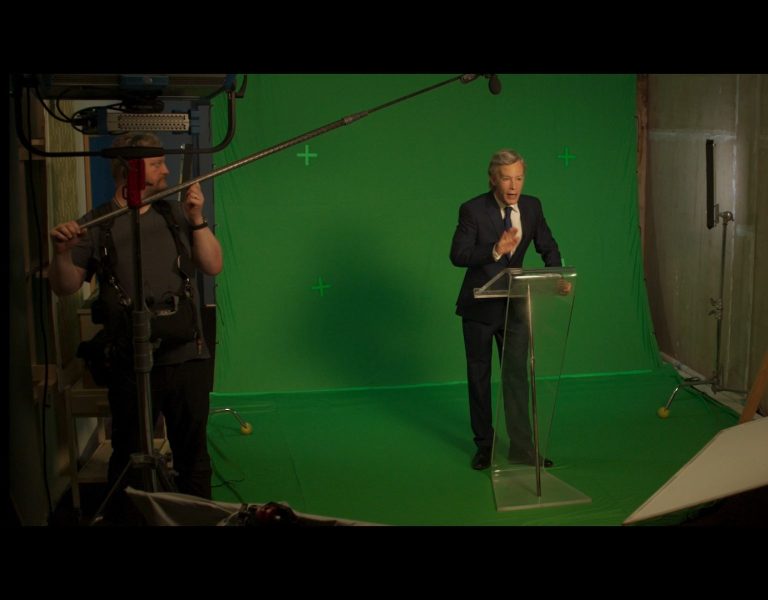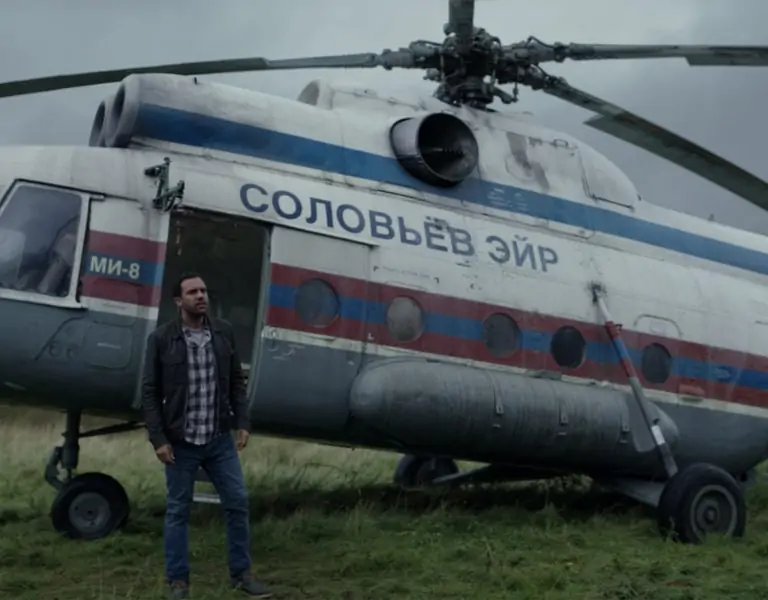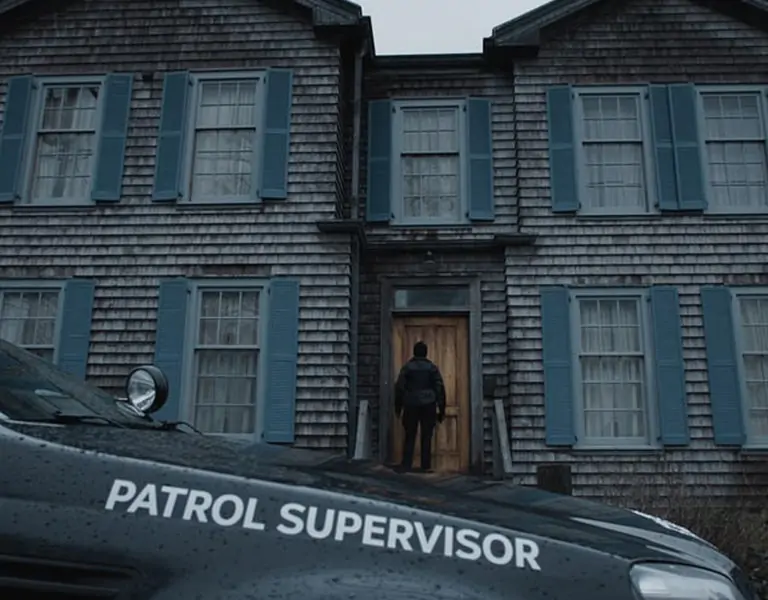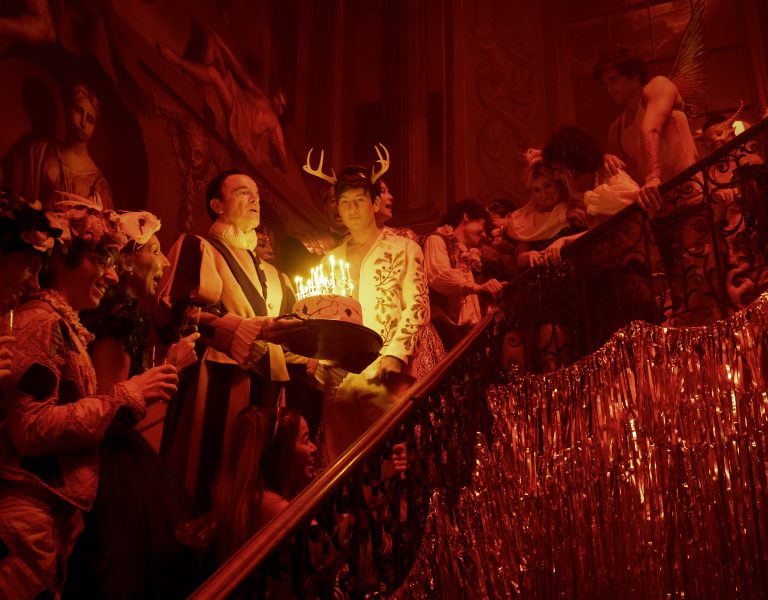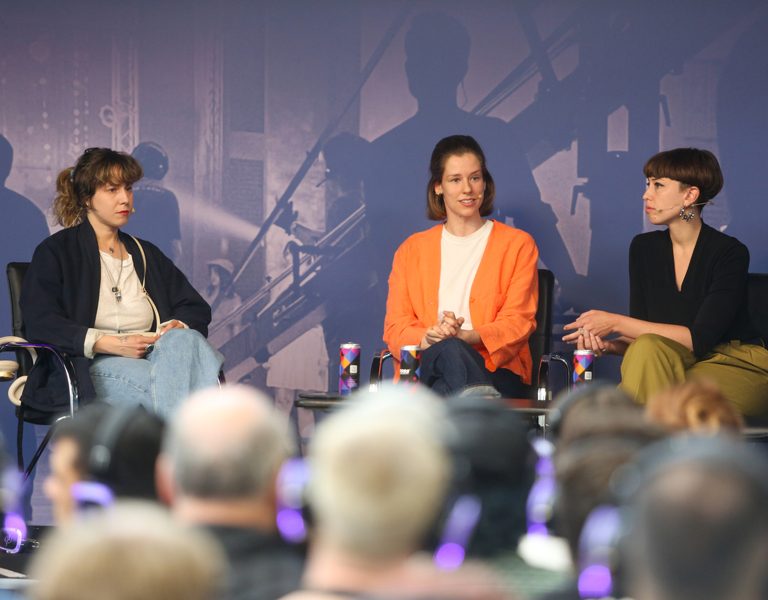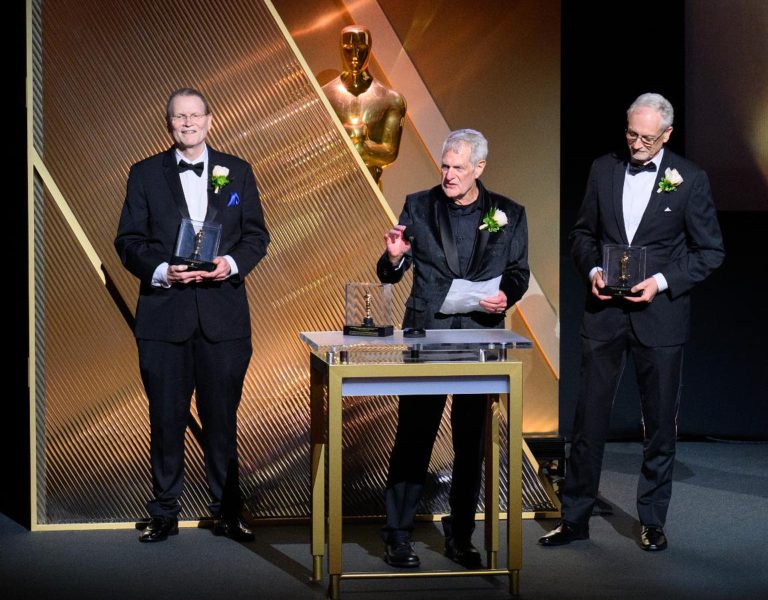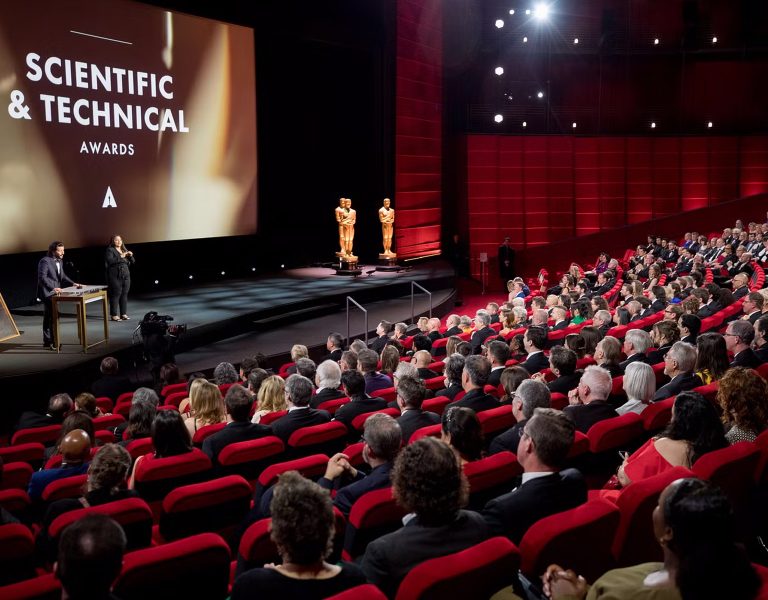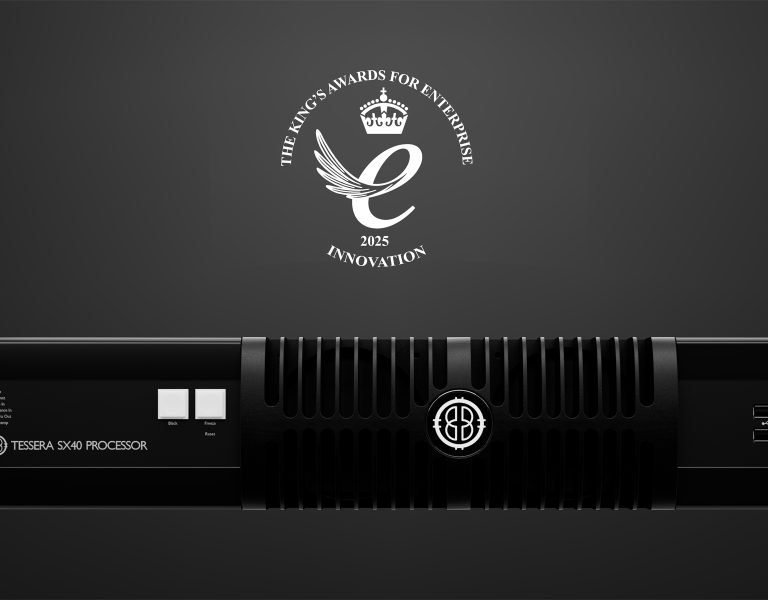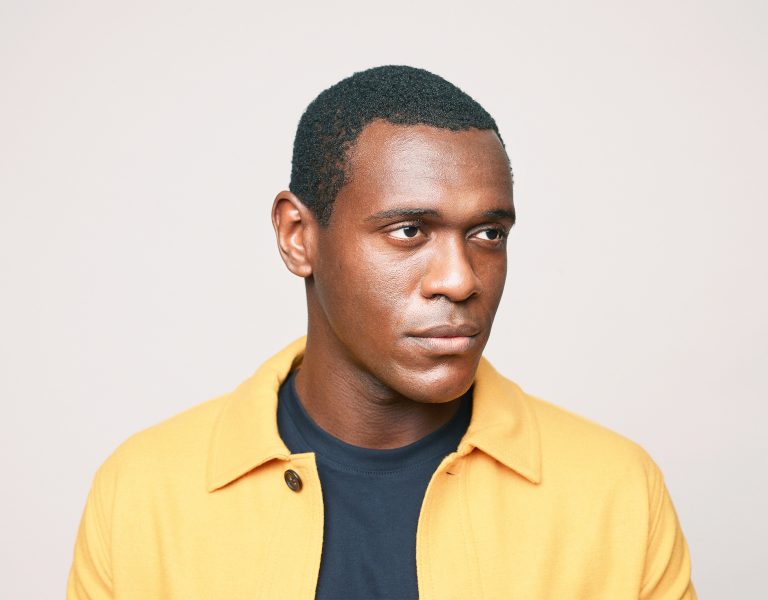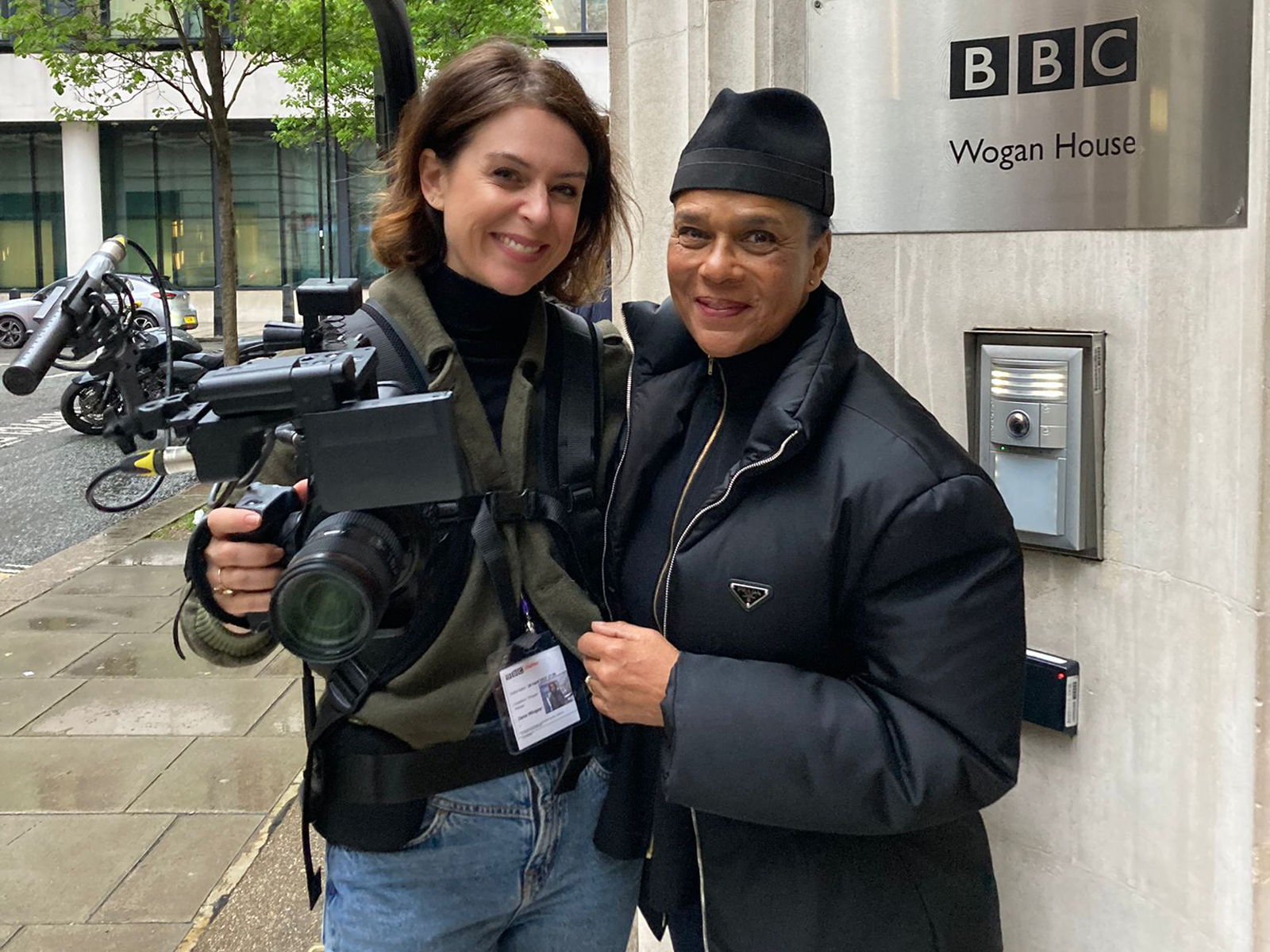
Pauline Black is the living embodiment of the 2-Tone music movement, whose distinctive songs helped shift British society towards embracing diversity, embodying a whole new ethos of anti-racism, anti-sexism and gender and identity politics that we still strive towards today. In the film, Pauline Black: A 2-Tone Story, Pauline looks back at her ground-breaking legacy and she inspires and has always inspired, by speaking out and standing up for what she believes in.
This film was born from wanting to make a powerful story about an incredible woman with a unique and important story in a social and political context. I wanted to tell Pauline’s intimate story about being a women and race in British society and how her involvement with 2-Tone was the perfect prism to do so.
Pauline lived a painful and unjust upbringing, in a hostile environment adopted into a family that supported the National Front and she was made to feel like she did not belong within her own family and within society at large because of the colour of her skin.
She joined the 2-Tone movement that was about unity and she searched for her identity within this safe space, but the film looks at how safe that space really was for a black woman. Also, I wanted to talk about women with the music industry in general and their experiences. I was fed up of seeing glamorised films about men and no mention of the women’s story for so long. It is like we have been erased from history or our narrative has to date been incorrectly told. Here Pauline could tell her story through the re-framing of the history of the UK.
A story of now and then
And as with the film, standing up and speaking out for what we believe in remains as important now as it was in when Pauline was growing up in the 70s and 80’’s. Between the ignorance spouted by film festival directors and BBC presenters attacking “middle class women of a certain age”, women need to have their voices heard, and their stories told.
Whilst this film looks to the past, in many ways the issues it covers remain as relevant today. After Brexit, the race riots of the summer, the popularity of Nigel Farage, Trump being re-elected – Pauline Black and her experiences in 2-Tone in the late 70’s/early 80’s sadly have so many parallels with today. Margaret Thatcher introduced racist policies to appease NF supporters and bring that popularity and votes to her Conservative Party. We see the same thing today. The fear of the foreigner, the othering of people who look different, the social inequalities and cost of living crisis all exist today as they did then.
How I went about directing the film
With these parallels in mind, it was important for me to try and highlight these through the visuals of the film.
As a photographer and particularly a photojournalist, I am very interested in the aesthetic aspect of the image as well as the relevance and impact of the archive and how audiences will be affected by this archive, and the way that it is presented and edited.
I spent 14 years taking photographs that would tell a story about what was happening in the world around me.
Thinking about how to capture events so that the viewer would understand and take note of what was happening, it is similar in documentary – I am creating a film that will tell a story and hopefully impact the viewer in a certain way.
I self-shoot lots of scenes of the documentaries that I make and this helps me to create an intimacy with my subject.
Particularly as a woman making a film about a woman. I also always like to employ female cinematographers as I can often be sure they will bring a sensitivity to the shoot and the subject will instantly feel comfortable too.
Also, both Pauline and I were very aware of how the audience in the 2-Tone era were reading and perceiving Pauline as a performer and how her image was feeding into that audience perception about who she was.
The fact that she was an incredibly stylish woman who wore androgynous suits, that she was a fearless political protest singer, a black woman who expressed herself and was performing mainly to white audiences.
We never undervalued the power of the image and how the audience perceives an image in a social and psychological context.
The strong split-screen graphic identity of the film added to the understanding and contextualisation of society at the time that I wanted to convey to the audience. The film set out to really bring the viewer in and have the perspective of what Pauline must have felt like fitting in and living within the UK political landscape of the time.
I wanted the viewer to embody Pauline and navigate the film through her POV to really enhance empathy with her experiences and emotions.
A note on some technical points to making this documentary
Beyond the conceptual and creative thought process outlined above, in the film, I often self-shot actuality scenes due to my intimacy and relationship with Pauline that we had built up as we co-wrote the film together.
The DOP for the master interviews was the incredibly talented DOP Arushi Chugh. She was really involved in aesthetics of the film and how we could help convey the emotion and meaning through the look of the film. We decided together how we would film and light the interviews.
Arushi has the most incredible eye and technical understanding and was key to making the film so beautiful to look at. We purposefully shot interviews uniformly with ‘Hollywood Lighting’ in black and white so that they were aesthetically pleasing to watch but also had a 2-tone synergy that allowed the audience to focus on what was being said.
A woman’s story made by women
DP Arushi Chugh was one of a number of incredibly talented women involved in the film. Working with Tigerlily was great because it was run by two women who understood all the difficulties that women normally have working in a man’s industry with male gatekeepers and often with the lack of belief that women can have the vision and strength of character to make a good and powerful film.
With Tigerlily I was supported by producers who did not undervalue my knowledge or capabilities – Nikki Parrott trusted me and supported me to make a powerful film and never tried to dumb down the narrative or graphic identity of the film. It was a breath of fresh air.
What the future holds for the world of feature documentaries
I want to continue making powerful documentaries that question our status quo and highlight the inequalities and prejudice in our society. I am very intrigued about how we perceive and tell our history and how we then arrive at a place with certain assumptions about everything.
We can make change in society by questioning and examining how we have arrived where we are and what a more evolved way of being and understanding could be. I just hope that funding allows for more of these kind of films and under-represented stories to be told.
